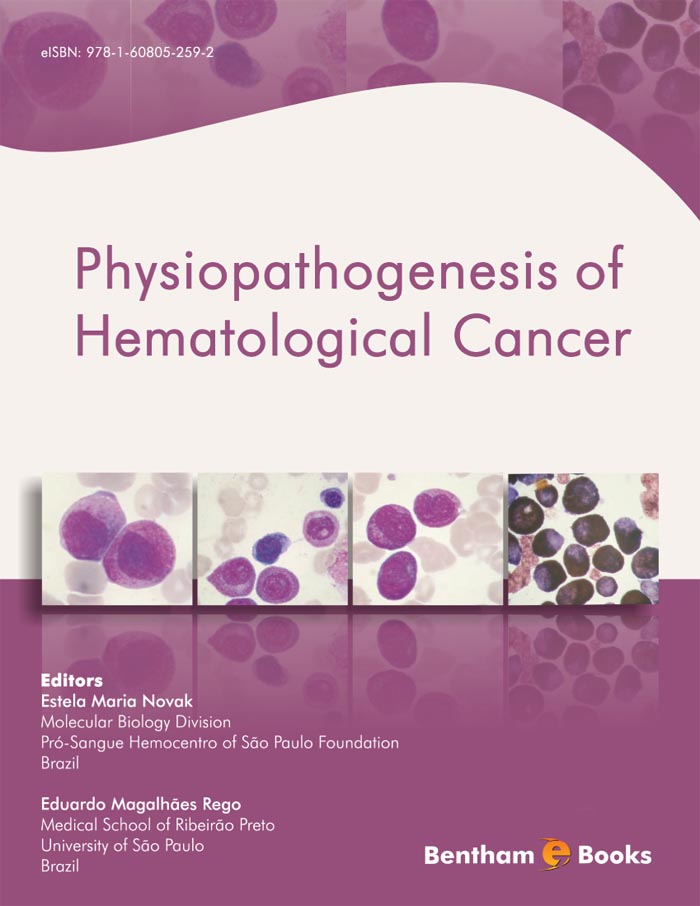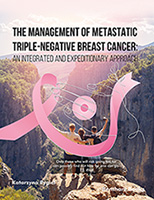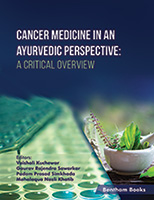Preface
The mature and functional cells in blood have limited life spans and must be replenished in precise numbers. The physiological control of hematopoiesis depends on the cell proliferation and differentiation of stem cells and hematopoietic progenitors, which are influenced by intracellular and microenvironmental signals. Hematological malignancies are a heterogenous group of diseases in which different genetic and epigenetic aberrations lead to deregulation of cell growth, differentiation and protein biosynthesis. Basic knowledge about the molecular mechanisms of malignant transformation of blood cells is today a sine quoi non requirement for the adequate diagnosis, prognosis stratification and therapy. Indeed, recent advances in our understanding of the molecular basis of malignant diseases such as chronic myeloid leukemia and acute promyelocytic leukemia led to novel therapeutic strategies targeting relevant pathways that regulate cell proliferation or differentiation. Several of these new target therapies have now demonstrated significant benefit in disease-free and overall survival of these patients.
The study of the physiopathology of hematological malignancies requires fundaments of molecular biology, biochemistry, physiology, embryology, pathology, among others. Moreover, it is a rapidly ever evolving field. Therefore, it is difficult for undergraduate students as well as for clinical hematologists to have an updated overview of the main mechanisms involved in hematologic cancers. The aim of the present book is to introduce the most important molecular and cellular concepts which we believe have direct impact in daily clinical practice.
Estela Maria Novak & Eduardo Magalhães Rego





